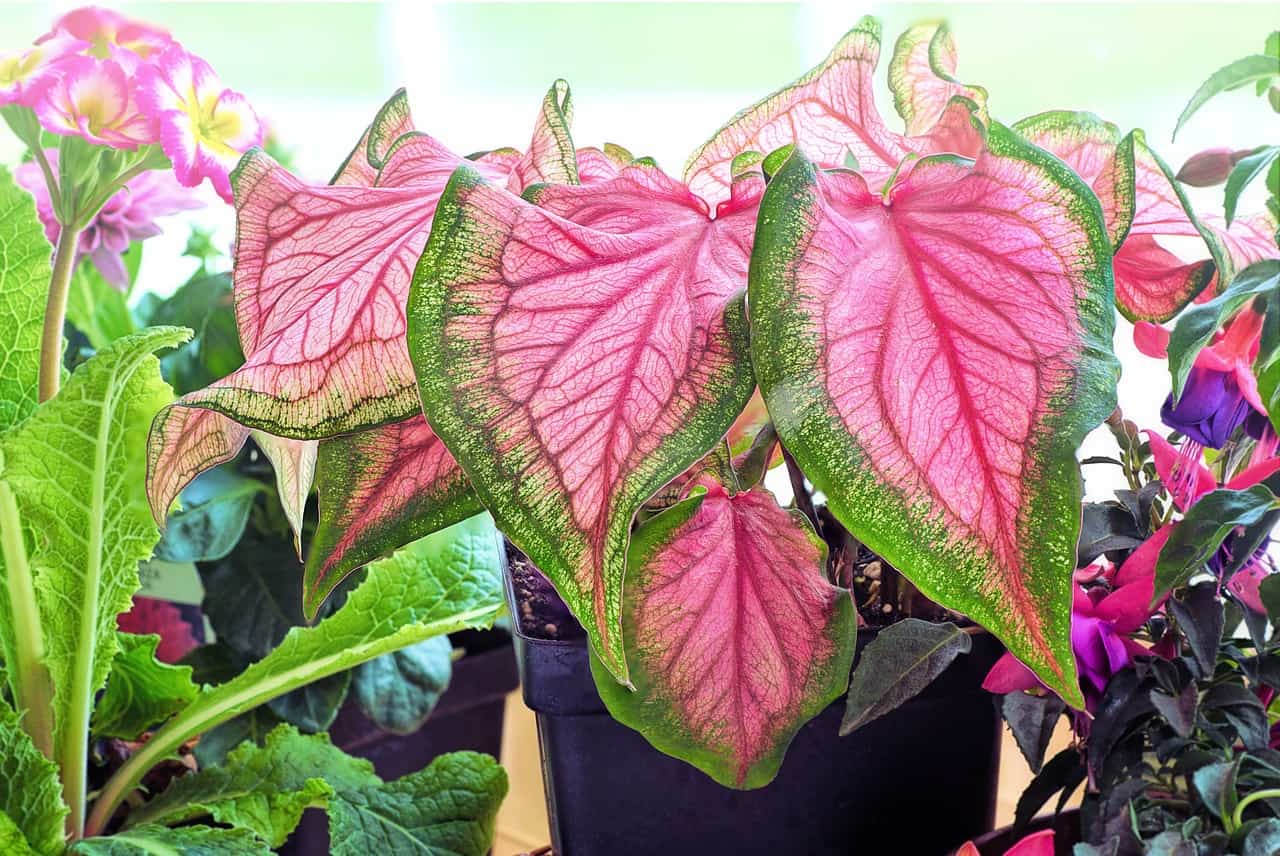Placing Houseplants About Can Bring Surprising Health Benefits For Your Senior Loved One
You may have heard that houseplants have health benefits. But not all plants are suitable for everyone. This article from Pegasus caregivers in Los Angeles and elsewhere can help you make a good choice.
Plants are living organisms. They grow and change from one beautiful stage to the next. A houseplant enriches the lives of everyone in the home.
Plants Breathe, Which Improves Indoor Air
Humans breathe in oxygen and breathe out carbon dioxide. Houseplants do the opposite during the day. The oxygen they emit increases the oxygen levels in the room, which benefits human occupants.
That changes at night. Except for a few varieties, plants then exhale carbon dioxide. Houseplants that continue to emit oxygen 24/7 include:
- Bromeliads
- Orchids
- Snake plant
- Succulents
Most varieties of these are suitable for bedrooms if there is sufficient light during the day.
Although all plants exhale oxygen, some are believed to emit more than others. The Lung Institute suggests the following:
- Areca palm (Chrysalidocarpus lutescens)
- Snake plant (Sansevieria trifasciata), also known as Mother-In-Law’s Tongue
- Money plant (Epipremnum aureum)
- Gerbera Daisy (Gerbera Jamesonii)
- Chinese Evergreen (Aglaonema)
These houseplants are also known to reduce airborne chemicals.
Houseplants Offer A Variety Of Health Benefits
As well as refreshing room air, plants provide emotional, mental, and physical benefits. They increase humidity, making it easier to breathe. Other benefits of increased humidity include relief from dry skin and reduced sore throats and coughing.
Humidity reduces dust levels, which can relieve allergies and respiratory distress. Many people know that the gel from aloe vera leaves helps to heal burns. But did you know that lavender helps insomniacs get a good night’s sleep?
Home furnishings, cleaning products, and personal care items all contribute to indoor air pollution. Houseplants also absorb toxins to produce cleaner and safer air. Specific chemicals and the plants that absorb them include:
- Formaldehyde – Golden Pothos, philodendrons, Spider plant
- Benzene – chrysanthemums, Gerbera Daisy
- Carbon monoxide – Spider plant
Other helpful plants include English Ivy and Peace lily, as well as the ones recommended above by the Lung Institute.
Houseplants have demonstrated an ability to reduce stress and increase feelings of calm. Individuals have also learned that caring for a living thing decreases loneliness and depression. A houseplant adds purpose to an isolated person’s life.
Individuals who have undergone surgery or are hospitalized for other reasons recover faster if plants are in their room. They need less medication, have reduced blood pressure, and experience less anxiety.
People living in homes or working in offices with plants have lower rates of illness than those without. Looking at houseplants reduces fatigues and increases mental acuity. Plants also reduce background noise.
Location And Size Are Important
There are several considerations in selecting one or more houseplants for your senior loved one. Start with their living space. Among other things, evaluate the following:
- Where will the plant sit? Windowsill? Nightstand? Coffee table?
- How much light is available?
- What size are the plants?
Then turn your attention to the following:
- How much attention will the plants need?
- How fast will they grow?
- How hardy are they?
- Are they toxic?
If your senior is mobile and active, they can adequately care for high-maintenance plants. Those who are frail will benefit most from houseplants that need minimal care. It may be that you’ll be responsible for tending to the greenery.
Unless there’s plenty of space, select small or slow-growing plants. Hardy, hard-to-kill plants are advisable, to avoid depression if one dies. Selections from the following are satisfactory for most individuals:
- Aloe vera
- Cast Iron Plant
- Chinese Evergreen
- Christmas Cactus
- Dieffenbachia
- Peace Lily
- Pothos
- Snake plant
- Spider plant
If your senior is cognitively-impaired, or if there are pets or children in the household, choose non-toxic plants. Household plants that can be toxic include:
- Asparagus Fern (Asparagus densiflorus)
- Desert Rose (Adenium obesum)
- Dumb Cane (Dieffenbachia)
- English Ivy (Hedera helix)
- Peace Lily (Spathiphyllum)
- Philodendron (Philodendron)
Generally, large amounts would have to be consumed to produce symptoms, but avoid them if the situation warrants doing so.
Houseplants need light, which can be artificial if natural light is limited. They need food and water in specified amounts. Faster-growing greenery may need repotting.
Your senior loved one may be able to tend to houseplants without assistance. If not, you can help assure the plant’s survival by rotating plants between your home and theirs. That not only gives everyone variety but also gives the plants a better chance of thriving.
Pegasus Home Healthcare Professional Recognize The Benefits Of Houseplants
One of the primary goals of Pegasus caregivers is improving the health and quality of life for others. A few houseplants scattered about helps achieve that goal. We know that caring for a plant is a form of self-care.
Pegasus is a licensed Home Care Organization and a Joint Commission Accredited Home Health Care organization. We have consistently provided quality care to our clients since 1994. We strive to keep each client independent and comfortable.
Our professional caregivers in Los Angeles and our other locations customize their services to meet individual needs. We are here for you and your senior loved one to provide the level of care needed.

